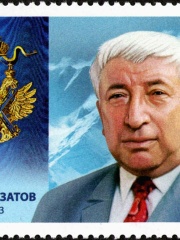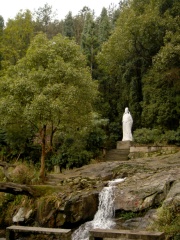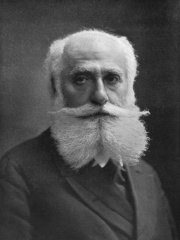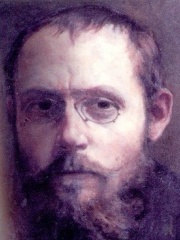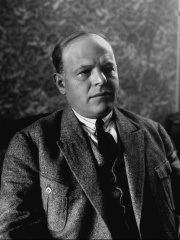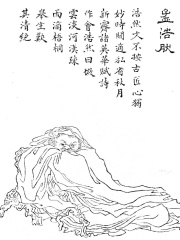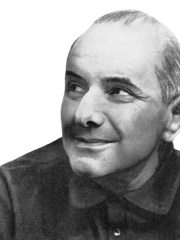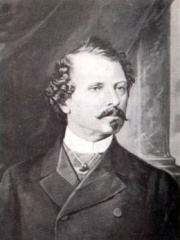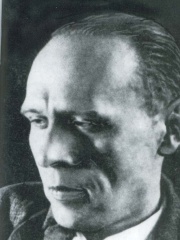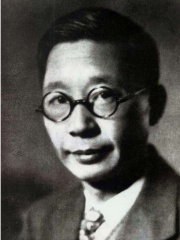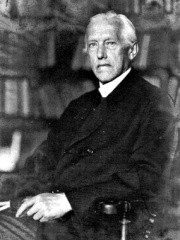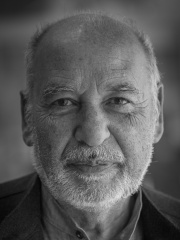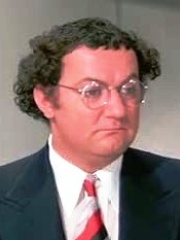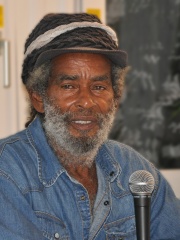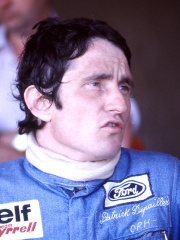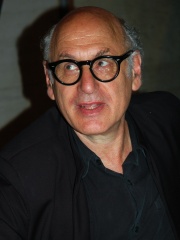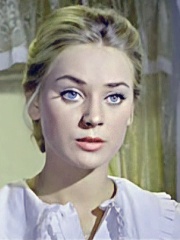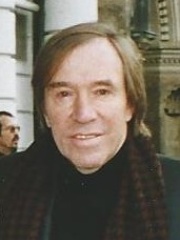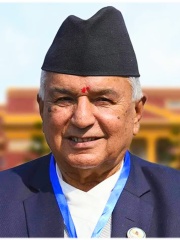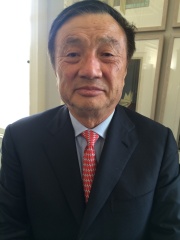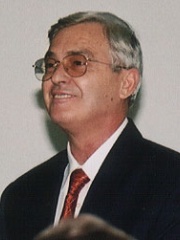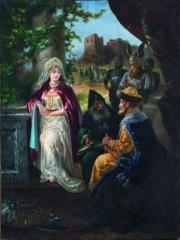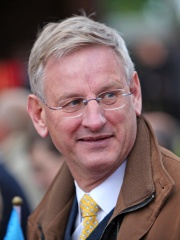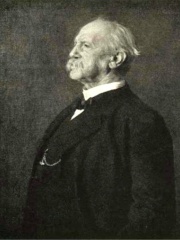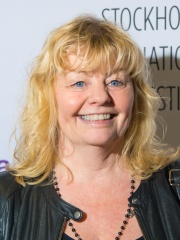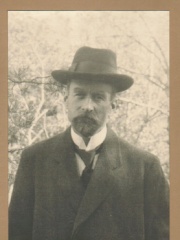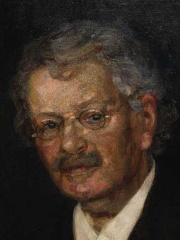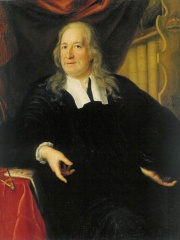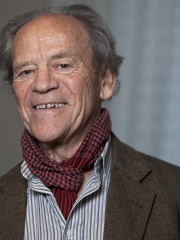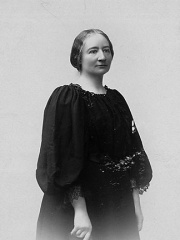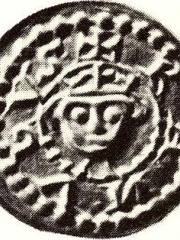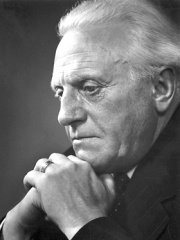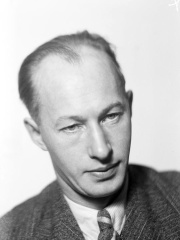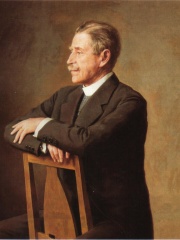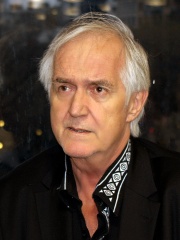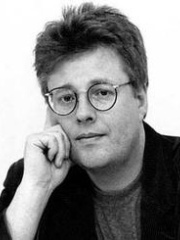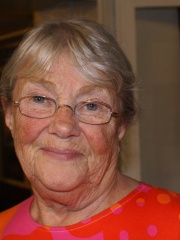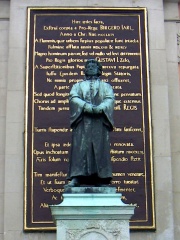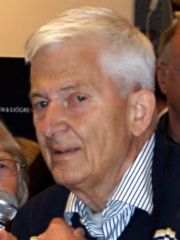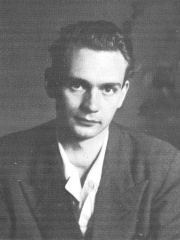Writer
Jan Guillou
1944 - today
EN.WIKIPEDIA PAGE VIEWS (PV)
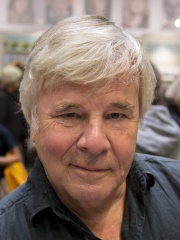
 Jan Guillou
Jan Guillou
His biography is available in 31 different languages on Wikipedia (up from 29 in 2024). Jan Guillou is the 1,241st most popular writer (up from 1,598th in 2024), the 187th most popular biography from Sweden (up from 250th in 2019) and the 11th most popular Swedish Writer.
Jan Guillou is most famous for writing the internationally successful "Hamilton" series of spy novels. The series follows the story of Carl Hamilton, a Swedish secret agent who works for the Swedish security police, SÄPO, and later for the international intelligence agency, Coq Rouge. The first book in the series, "Coq Rouge," was published in 1986 and has been translated into several languages.
Memorability Metrics
Page views of Jan Guillou by language
Among Writers
Among writers, Jan Guillou ranks 1,241 out of 7,302. Before him are Rasul Gamzatov, Lu You, Max Nordau, Charles Péguy, Achilles Tatius, and Hayim Nahman Bialik. After him are Meng Haoran, Stanisław Jerzy Lec, Thomas Mayne Reid, Daniil Kharms, Lao She, and Ulrich von Wilamowitz-Moellendorff.
Most Popular Writers in Wikipedia
Go to all RankingsRasul Gamzatov
1923 - 2003
HPI: 66.71
Rank: 1,235
Lu You
1125 - 1210
HPI: 66.71
Rank: 1,236
Max Nordau
1849 - 1923
HPI: 66.70
Rank: 1,237
Charles Péguy
1873 - 1914
HPI: 66.69
Rank: 1,238
Achilles Tatius
200 - 300
HPI: 66.68
Rank: 1,239
Hayim Nahman Bialik
1873 - 1934
HPI: 66.68
Rank: 1,240
Jan Guillou
1944 - Present
HPI: 66.67
Rank: 1,241
Meng Haoran
690 - 740
HPI: 66.67
Rank: 1,242
Stanisław Jerzy Lec
1909 - 1966
HPI: 66.66
Rank: 1,243
Thomas Mayne Reid
1818 - 1883
HPI: 66.66
Rank: 1,244
Daniil Kharms
1905 - 1942
HPI: 66.65
Rank: 1,245
Lao She
1899 - 1966
HPI: 66.65
Rank: 1,246
Ulrich von Wilamowitz-Moellendorff
1848 - 1931
HPI: 66.65
Rank: 1,247
Contemporaries
Among people born in 1944, Jan Guillou ranks 121. Before him are Tahar Ben Jelloun, Coluche, Keith Emerson, Max Romeo, Peter Tosh, and Patrick Depailler. After him are Michael Nyman, Geneviève Grad, Günter Netzer, Ram Chandra Poudel, Ren Zhengfei, and Rexhep Meidani.
Others Born in 1944
Go to all RankingsTahar Ben Jelloun
WRITER
1944 - Present
HPI: 66.82
Rank: 115
Coluche
ACTOR
1944 - 1986
HPI: 66.81
Rank: 116
Keith Emerson
COMPOSER
1944 - 2016
HPI: 66.79
Rank: 117
Max Romeo
SINGER
1944 - 2025
HPI: 66.72
Rank: 118
Peter Tosh
MUSICIAN
1944 - 1987
HPI: 66.71
Rank: 119
Patrick Depailler
RACING DRIVER
1944 - 1980
HPI: 66.70
Rank: 120
Jan Guillou
WRITER
1944 - Present
HPI: 66.67
Rank: 121
Michael Nyman
COMPOSER
1944 - Present
HPI: 66.61
Rank: 122
Geneviève Grad
ACTOR
1944 - 2024
HPI: 66.60
Rank: 123
Günter Netzer
SOCCER PLAYER
1944 - Present
HPI: 66.58
Rank: 124
Ram Chandra Poudel
POLITICIAN
1944 - Present
HPI: 66.56
Rank: 125
Ren Zhengfei
BUSINESSPERSON
1944 - Present
HPI: 66.56
Rank: 126
Rexhep Meidani
POLITICIAN
1944 - Present
HPI: 66.54
Rank: 127
In Sweden
Among people born in Sweden, Jan Guillou ranks 187 out of NaN. Before him are Ingegerd Olofsdotter of Sweden (1001), Carl Bildt (1949), Britt Ekland (1942), Oscar Montelius (1843), Inger Nilsson (1959), and Helge von Koch (1870). After him are Knut Wicksell (1851), Olaus Rudbeck (1630), Mats Wilander (1964), Torsten Wiesel (1924), Ellen Key (1849), and Canute II of Sweden (1200).
Others born in Sweden
Go to all RankingsIngegerd Olofsdotter of Sweden
NOBLEMAN
1001 - 1050
HPI: 66.87
Rank: 181
Carl Bildt
POLITICIAN
1949 - Present
HPI: 66.80
Rank: 182
Britt Ekland
ACTOR
1942 - Present
HPI: 66.77
Rank: 183
Oscar Montelius
ARCHAEOLOGIST
1843 - 1921
HPI: 66.76
Rank: 184
Inger Nilsson
ACTOR
1959 - Present
HPI: 66.72
Rank: 185
Helge von Koch
MATHEMATICIAN
1870 - 1924
HPI: 66.71
Rank: 186
Jan Guillou
WRITER
1944 - Present
HPI: 66.67
Rank: 187
Knut Wicksell
ECONOMIST
1851 - 1926
HPI: 66.65
Rank: 188
Olaus Rudbeck
BIOLOGIST
1630 - 1702
HPI: 66.61
Rank: 189
Mats Wilander
TENNIS PLAYER
1964 - Present
HPI: 66.55
Rank: 190
Torsten Wiesel
PHYSICIAN
1924 - Present
HPI: 66.50
Rank: 191
Ellen Key
WRITER
1849 - 1926
HPI: 66.47
Rank: 192
Canute II of Sweden
POLITICIAN
1200 - 1234
HPI: 66.46
Rank: 193
Among Writers In Sweden
Among writers born in Sweden, Jan Guillou ranks 11. Before him are Pär Lagerkvist (1891), Eyvind Johnson (1900), Harry Martinson (1904), Verner von Heidenstam (1859), Henning Mankell (1948), and Stieg Larsson (1954). After him are Ellen Key (1849), Maj Sjöwall (1935), Olaus Petri (1493), Per Olov Enquist (1934), Karin Boye (1900), and Stig Dagerman (1923).
Pär Lagerkvist
1891 - 1974
HPI: 76.22
Rank: 5
Eyvind Johnson
1900 - 1976
HPI: 74.90
Rank: 6
Harry Martinson
1904 - 1978
HPI: 74.14
Rank: 7
Verner von Heidenstam
1859 - 1940
HPI: 74.01
Rank: 8
Henning Mankell
1948 - 2015
HPI: 73.84
Rank: 9
Stieg Larsson
1954 - 2004
HPI: 70.63
Rank: 10
Jan Guillou
1944 - Present
HPI: 66.67
Rank: 11
Ellen Key
1849 - 1926
HPI: 66.47
Rank: 12
Maj Sjöwall
1935 - 2020
HPI: 65.32
Rank: 13
Olaus Petri
1493 - 1552
HPI: 65.25
Rank: 14
Per Olov Enquist
1934 - 2020
HPI: 65.13
Rank: 15
Karin Boye
1900 - 1941
HPI: 65.11
Rank: 16
Stig Dagerman
1923 - 1954
HPI: 64.88
Rank: 17
